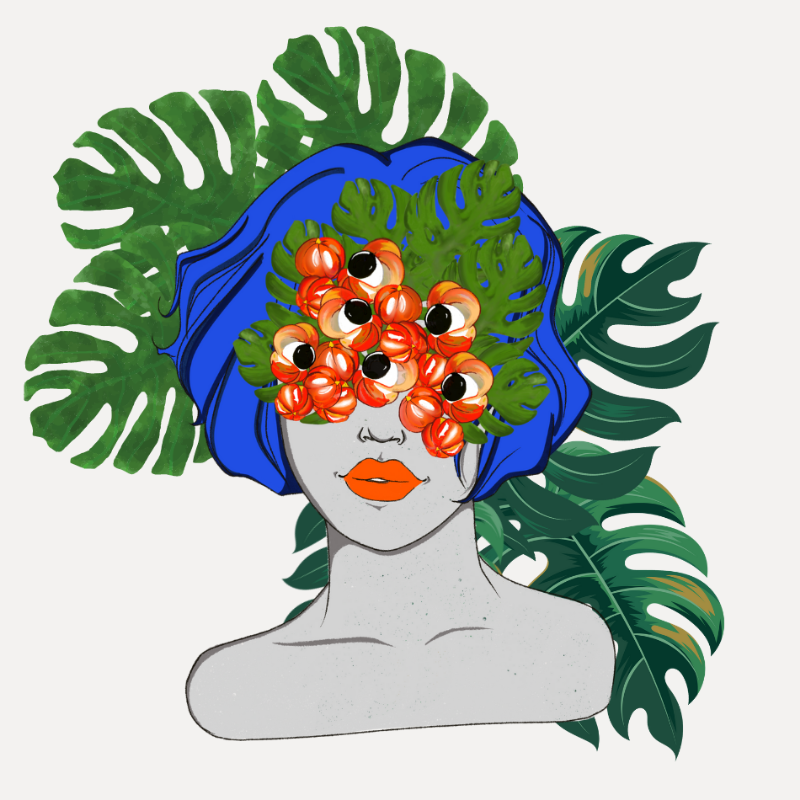Technically a fossil is any remnant of an organism or its activities, not just petrified bones.
https://www.merriam-webster.com/dictionary/fossil
But they also said “the fossil”, not “a fossil”, so maybe they were talking about a specific fossil.
But they also said “the fossil”, not “a fossil”, so maybe they were talking about a specific fossil.
This had me in stitches. Thanks :D
If I’m gonna be a pedant, I’ve gotta take it to the extreme.
I normally hate ultra pedants, but this I can respect
Of course it’s company policy never to, imply ownership in the event of a dildo… always use the indefinite article “a” dildo, never “your” dildo.
It’s okay. Nine times out of ten, it’s an electric razor.
Omg the pedentry needs to stop. Specific to what ever fossil is being refered too.
Nothing of the bee remains, but we know it existed from the shape of this flower. It’s an idea of what the female bee looked like to the male bee… as interpreted by a plant.
One of my favorite xkcd’s
Based.
Carved in stone.
Sometimes, original material does survive fossilization.
At least, older than our words.
Neolithic, but not too neo; mostly just lithic.
Oddly we needed to create the idea of poetry first to make that metaphor work.
Wait, what does this mean? I genuinely thought fossils were the bones, preserved through lack of oxygen
https://www.youtube.com/watch?v=3zBzDfvvdgA
Fun facts, we know next to nothing about dinosaurs that lived in jungles or mountains due to preservation conditions. They just disappear and do not get buried fast enough. We know the most about wetland dinos because those tend to have better conditions (e.g. bogs) to preserve things.
Humanity’s closest living relatives, the Chimpanzees, live in forests. They diverged from our lineage 6.5-7.5 million years ago, and there are almost no fossils for them. Except for a statistical fluke, someone studying solely the fossil record could be excused for thinking that they never existed at all… but they do!
Love me a good bog…
Hey, that’s not fun!
Petrified forest are not trees that turned to stone. Petrified forests are trees covered in mud or something that hardened, then tree rotted away and the hollow(in the mold of the tree) was filled in by another type of rock, creating a something that looks like a petrified tree.
That’s really good!
Yeah nice, but also no not quite… Before humans and before words there was no poetry. Just stones and bugs and stuff. It needed humans cognitive capacity to emerge/create (not discover) aesthetic categories, like poetry
Sorry for fact checking your poetic meme, but it made this claim that might be understood factual and unreflected mystification of nature is still quite a thing
By your logic, human existence is the point in which things exist. And by that logic, fossils wouldn’t exist. Nor dinosaurs, the earth, or even the beginning of the universe (however you believe it came to be).
I would argue that poetry is more than the mere written word arranged in a rhyming schema. It extends to being anything that sparks creativity of the mind. e.g., The colors of the sunset reflecting off the surface of a pond that ripples from an animal jumping on the water. Surely that existed before humans?
Now I would certainly agree that it took humans to best articulate it by being able to write (or otherwise convey) these moments into more than a fleeting moment in their memory.
No. By my logic human existence is the point in wich poetry exists.
Yes, we almost agree, I just argue: Poetry is not what sparks. It’s the spark.
Sunrise exists: no poetry. Sunrise sparks someones mind: poetry.
Oh man imagine how talkative birds are at sunrise, except it’s thunderous dinosaur roars.
That argument seems to boil down to whether or not a thing can be a member of a category before that category is described and named by humans, or presumably any sentient entity. You seem to ne arguing that it can’t, I would say it can.
Considered anything that existed before humans. Let’s take dinosaurs. They existed, but before humans came up with the name ‘dinosaur’ were they dinosaurs? I would say that the category existed even though there were no humans to describe it. Likewise with aesthetic categories, the entity exists and either fits within the category, or it does not, even if the category has not been described by humans. Thus, if you consider fossils to be poetry, they are, indeed, poetry older than words.
If we’re nit picking the meme I would instead take issue with the concept of fossils being a memory of bones. We have fossils of plants, boneless creatures and even soft tissue from creatures with bones. Despite that, I think the meme is reasonable enough, and a fair way to look at things.
Okay I dont know much about dino categorization, but let’s say: The category “dinosaur” is a sum of descriptions of objective properties of dinosaurs and their relation to other species’ properties (idk, no milk, thus no mammal…). Those properties and relations existed as the dinosaur existed. So I would agree: to that extend the categories existed, without us.
Let’s say the category “poetry” describes a relational phenomenon that occurs when a combination of words or an arrangement of things (sunset, fossils) sparks an aesthetic experience.
This is not just discovered and described by humans, but it can exclusively happen when humans are present. As with dinos: the category “poetry” didn’ exist before us. The difference I’m all about: What the category describes also did’t exist before humans. Yes, there were fossils, but they alone would have never evolved to be a part of poetry without humans, the way dinos were dinos without humans.
I think I understand your point of view, but I would argue that even an aesthetic category such as ‘poetry’ can exist without sentient beings to experience it. Ultimately the category is not defined by the things in it, but by the criteria that define what is in it, and so the category of ‘poetry’ is populated by everything that fits a definition along the lines of: combinations of words or arrangements of things that would spark an aesthetic experience, rather than things that do spark such an experience. This is necessary if we wish to include works that have been created, and which presumably do not generate precisely those feelings in the author, but which have not yet been experienced by others yet. I would suggest we should include such works from creation, rather than them suddenly becoming poetry when first experienced by an audience. If we use the latter definition, who creates the poety, the author or the first audience?
To the haters: I dont question your experience of (this) poetry. That I would be sorry for.
I questions the hypostasis, that is declaring your experience of the thing as a property of the thing.











